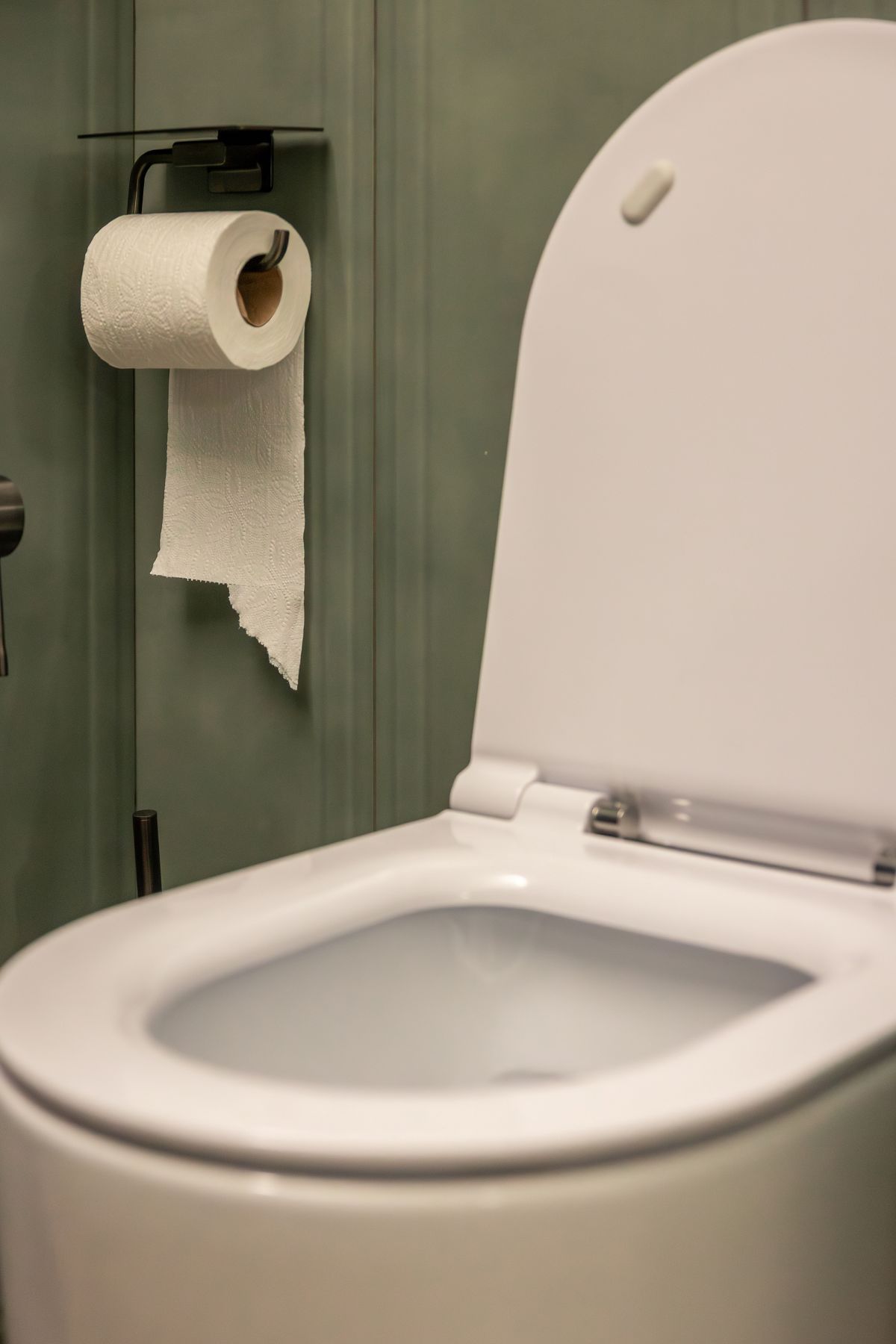Beaufort Memorial Hospital has received the American Heart Association/American Stroke Association’s 2016 Get With The Guidelines-Stroke Silver Plus Quality Achievement Award for providing stroke patients with the most up-to-date, evidence-based care.
Recipients of the award must meet an aggressive goal of following treatment guidelines in certain key measures at least 85 percent of the time for 12 consecutive months or more and achieve a minimum 75 percent compliance with seven out of ten stroke quality measures during the 12-month period.
The quality measures are designed to help hospital teams provide appropriate treatment based on the latest scientific evidence with the goal of speeding recovery and reducing death and disability for stroke patients.
“Being honored for excellent patient care is the best recognition a hospital can receive,” said BMH President and CEO Rick Toomey. “By following demonstrated best practices, we’re able to improve outcomes, dramatically impacting the lives of our patients.”
According to current guidelines, clot-busting medication should be started within 60 minutes of a patient’s arrival in the hospital to minimize brain damage and potential complications. BMH physicians have consistently outperformed the “door-to-needle” goal, averaging 45 minutes in the first quarter of 2016.
The quick response time also earned BMH a place in the American Heart Association/American Stroke Association Target: Stroke Honor Roll, a designation given to hospitals that deliver intravenous thrombolytic therapy to acute ischemic stroke patients in less than 60 minutes at least 50 percent of the time.
To improve patient care for stroke patients in the community, Beaufort Memorial has taken full advantage of the Medical University of South Carolina Health Telestroke, a Web-based program that provides Emergency Department and Intensive Care Unit physicians with on-demand access with MUSC Health stroke experts for consultations.
Last year, BMH doctors treated 184 patients suffering a stroke and another 45 having a “mini stroke” known as a transient ischemic attack. Telestroke consultations were initiated in 159 of those cases.
“We have three great neurologists in Beaufort, but it’s difficult for them to be available immediately in our Emergency Department 24/7,” said BMH stroke coordinator Sheri O’Brien. “With the telemedicine cart, we can reach an MUSC Health neurologist within 10 minutes.”





